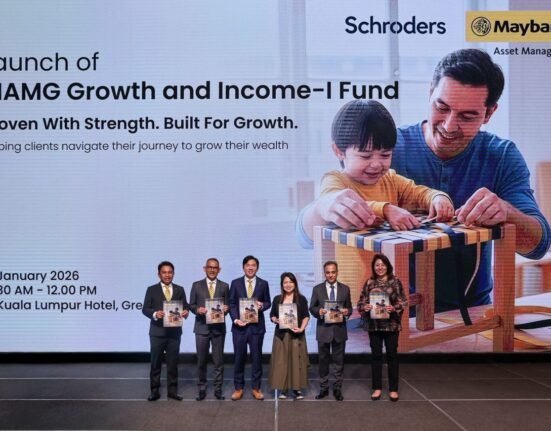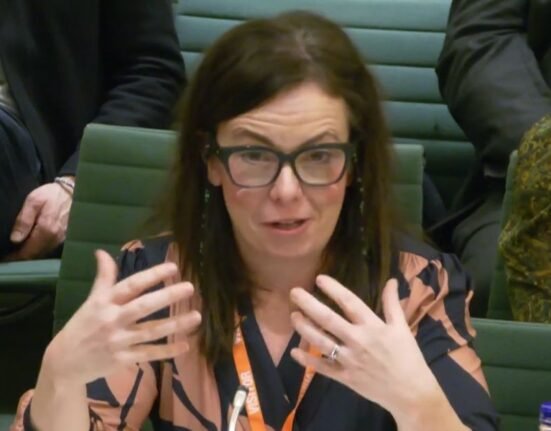In 1980, Massachusetts voters fundamentally changed their state and local governments.
With property taxes spiraling in Massachusetts and anti-tax fever sweeping the country, voters by a margin of 60-40%, approved a ballot question known as Proposition 2½.
The landmark initiative dramatically changed how Massachusetts municipalities approached property taxes by forcing elected officials to go to the voters if they sought an increase over 2.5%.
The law suddenly gave voters far more control over their taxes and their local governments.
People forget how sweeping Proposition 2½ is.
All levies — the amount a community raises in property taxes — had to be no more than 2.5% of the value of the land and buildings in the city or town. Most communities exceeded that cap. In Attleboro’s case, it took three years of budget cuts to comply with the law.
Excise taxes paid on vehicles also had to be 2.5%, not the 6.66% drivers were then paying.
The drastic reduction in property taxes reshaped the way municipalities raised revenue. Suddenly, homeowners started paying for trash pickup.
Water and sewer fees skyrocketed to reflect the actual cost of providing the service. The same goes for recreation fees.
It made sense. The people who were using the service were paying for it, not having it subsidized by property owners.
For instance, why should businesses pay to pick up the trash for the family down the street or for a kids’ soccer club?
The state was also forced to step up and drastically increase aid to cities and towns and couldn’t require a community to provide a service without paying for it.
Proposition 2½ has been a cornerstone of Bay State government for decades. Laws have come and gone but Proposition 2½ looked like it was here to stay.
Local officials grumbled about it, but no one dared to suggest a change. Proposing an overhaul was akin to stepping onto a political third rail.
Until now.
With inflation soaring above 7%, its highest levels in decades, many of the state’s 351 cities and towns have found that they can no longer maintain services with only a 2.5% increase in the property tax levy.
So, like Norton did last week, municipalities are asking taxpayers to pay more by having them approve an override of Proposition 2½.
In the past 18 months, nearly 100 communities have asked for overrides, the most in at least a decade.
And taxpayers, like those in Norton, are fighting back. That’s hardly surprising since the average single-family tax bill hit $7,400 in the fiscal year that ended June 30, a 19% increase since 2019.
The Massachusetts Municipal Association, the powerful lobbying group for the state’s 351 cities and towns, will be conducting a study this year to determine whether Beacon Hill should raise the Proposition 2½ cap, which would undoubtedly trigger a divisive debate.
“I don’t think anyone knows what the solution is because that secret sauce of wanting to make sure services are being funded while not overburdening taxpayers is really tricky” to develop, Adam Chapdelaine, the association’s executive director, told The Boston Globe.
Even the Massachusetts Taxpayers Foundation, a staunch supporter of Proposition 2½, says it is open to reviewing the law to see what is working well and what needs to be adjusted.
Any previous effort to adjust Proposition 2½ would have faced fierce opposition from Citizens for Limited Taxation, the group which placed the question on the 1980 ballot, and its leader, Barbara Anderson.
Anderson, a self-proclaimed “pragmatic libertarian,” fought back every attempt to repeal the law “with the zeal of a mother protecting her children from a home invader,” a columnist once wrote. Ever present in the state’s media, Anderson would often make her physical presence known on Beacon Hill any time the law was threatened by camping outside the offices of elected officials and watching them like a hawk from the gallery in the Legislature.
If that wasn’t enough, the threat of the 13,000 dues-paying members of Citizens for Limited Taxation she could call upon certainly was influential.
Anderson died of leukemia in 2016 at age 73. And Citizens for Limited Taxation closed its doors in December 2022.
And so change is being discussed. Isn’t 2.5% an arbitrary number, some will argue? Shouldn’t cities and towns be able to adjust when their costs suddenly increase through no fault of their own?
But as we saw last week in Norton, taxpayers are unlikely to willingly let go of the control over their local and state governments they seized 44 years ago.
We may be looking at the next great power struggle in Massachusetts.







